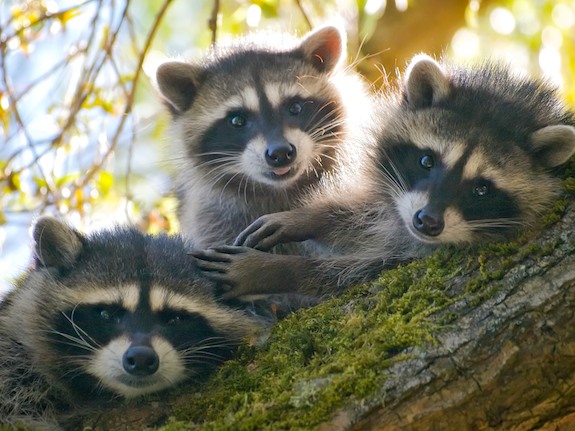
Breakfast, lunch and dinner? Courtesy of Flickr user ingridtaylar.
This is the fifth of 12 Things You Should Know about Alligators and Everglades Wildlife, a free eBook.
Alligators are mostly opportunistic predators. They eat whatever is the easiest prey, based on size and availability. Their diet consists primarily of fish, birds, turtles, snakes, frogs, mammals and crème brûlée (we may have made that last one up).
Hatchlings will typically feed on on smaller prey such as crabs, minnows, snails, and worms. As they grow, alligators gradually move on to small fish, then larger prey. Adult alligators may eat mammals such as raccoon or nutria (large aquatic rodents). To a large gator, any animal living in the water or coming to drink from the bank is potentially dinner. This can even include deer or wild boars.
A Mean Bite
Once an alligator catches its prey, the chances of escape are slim. The biting force of the alligator is enormous, packing enough power to smash a turtle’s shell or a moderately sized mammal bone. The bite force of a 12-foot, 450-pound alligator was measured to be 2,209 pounds!
DO NOT FEED THE ALLIGATORS!
Humans are not an alligator’s natural prey. In fact, alligators are inclined to be afraid of humans. However, feeding alligators causes them to lose their natural fear of humans. When gators associate people with food, they may start attacking people (especially smaller people). For this reason, the feeding of wild alligators in Florida is illegal. According to statute 372.667, it is a misdemeanor to feed alligators or crocodiles. You will usually see signs posted near any bodies of fresh water reminding people not to feed the alligators. Doing so is punishable by up to 60 days in jail and a $500 fine.
The best way to appreciate and respect Florida’s wildlife is to enjoy the view. Let wild animals find their food naturally.
